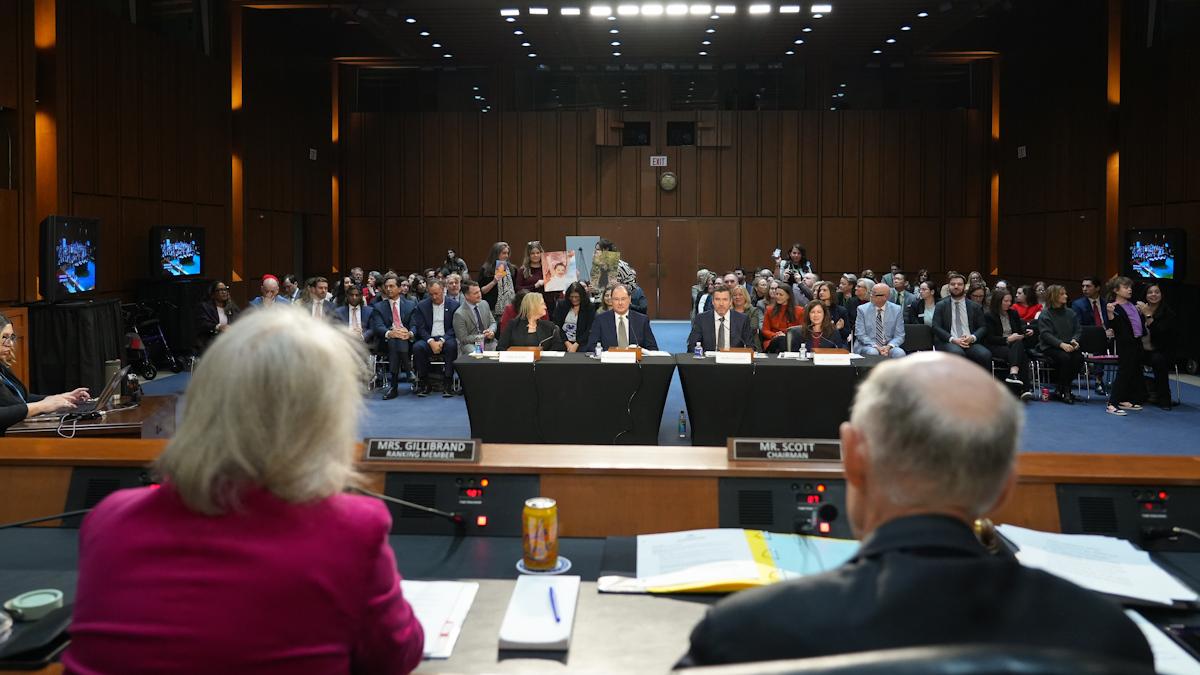FDA knocks back MEI's plans for drug in troubled PI3K class

MEI Pharma and partner Kyowa Kirin have had to abandon plans to file for approval of their PI3K inhibitor zandelisib in B cell lymphoma, after being "discouraged" by the FDA from making the attempt based on a phase 2 study.
The partners said that the FDA has advised that a randomised trial is now needed to adequately assess drug efficacy and safety of PI3K inhibitors, so they will have to await the completion the ongoing phase 3 COASTAL trial of zandelisib before they can file.
The decision signals an unwillingness by the FDA to grant accelerated approvals for the drug class
Gilead Sciences withdrew an accelerated approval for its Zydelig (idelalisib) in follicular lymphoma (FL) earlier this year after struggling to complete a confirmatory trial. And that followed a similar decision by Secura Bio regarding its FL indication for PI3K drug Copiktra (duvelisib) – which is also approved for chronic lymphocytic leukaemia (CLL) – last December.
Meanwhile, Incyte withdrew its FDA application for accelerated approval of its PI3K candidate parsaclisib for three types of non-Hodgkin lymphoma (NHL) – FL, marginal zone lymphoma (MZL) and mantle cell lymphoma (MCL) – based on phase 2 data after discussions with the FDA.
The company said last month that it would be unable to complete confirmatory studies "within a reasonable period to support an accelerated approval."
And adding to the bleak picture of the class, TG Therapeutics' approved PI3K drug Ukoniq (umbralisib) has been placed on a clinical hold by the FDA while it investigates a safety signal.
Safety has long been an issue with the class, particularly infections, liver toxicity, diarrhoea and other gastrointestinal problems, and pneumonitis. For that reason they have tended to be reserved for use after more tolerable agents, particularly for indications like CLL.
"The FDA's position on the assessment of benefit and risk of PI3K inhibitors solely based on single-arm studies appears to have evolved," said MEI Pharma's chief executive Daniel Gold in a statement.
More details should emerge at an advisory committee meeting scheduled for next month, which will discuss the need for randomised data with the class.
"Today's announcement in no way diminishes our conviction to the development of zandelisib and the promise of its emerging clinical profile," said Gold.
Investors were spooked however, and shares in the company were down 46% in premarket trading at the time of writing. The company said it expects to have sufficient cash for operations until it can complete the COASTAL trial enrolment in 2024.













